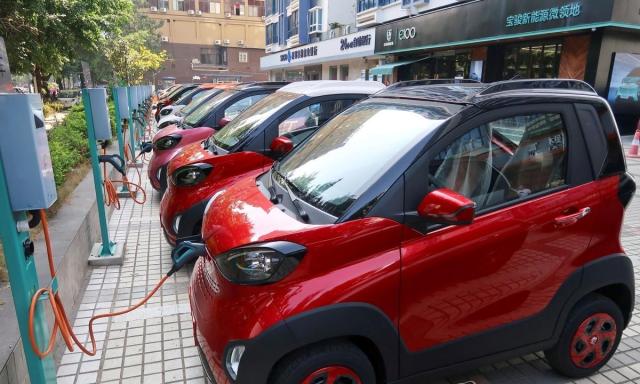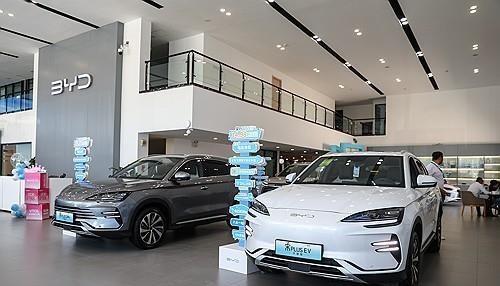Recent reports indicate intensive communications between China, the U.S., and the EU on EV trade issues. Reuters reported that the EU rejected a Chinese proposal for a 30,000 euro ($32,946) minimum sales price for EVs a month ago, though neither side has confirmed this.
Yang Chengyu, an associate research fellow at the Chinese Academy of Social Sciences' Institute of European Studies, suggests that if true, this rejection indicates the EU's focus has shifted from specific pricing to the vehicles' country of origin, potentially imposing trade barriers. Yang emphasizes the need for greater EU commitment in negotiations, noting China's goodwill efforts.
European automakers like Volkswagen, BMW, and Mercedes-Benz oppose the EU's actions, warning that tariffs on Chinese EVs could harm the European automotive industry.
China's Ministry of Commerce (MOFCOM) criticizes the EU's measures as lacking factual and legal basis, violating WTO rules, and constituting disguised protectionism.
Amid the EV dispute, the EU plans to challenge China's provisional anti-dumping measures on EU brandy imports at the WTO. MOFCOM maintains that these measures comply with WTO rules and result from a legitimate investigation prompted by domestic industry concerns.
The ministry recently announced temporary anti-dumping measures on European brandy, citing preliminary evidence of market dumping. This move further complicates the ongoing trade tensions between China and the EU.
Copyright ⓒ Aju Press All rights reserved.




